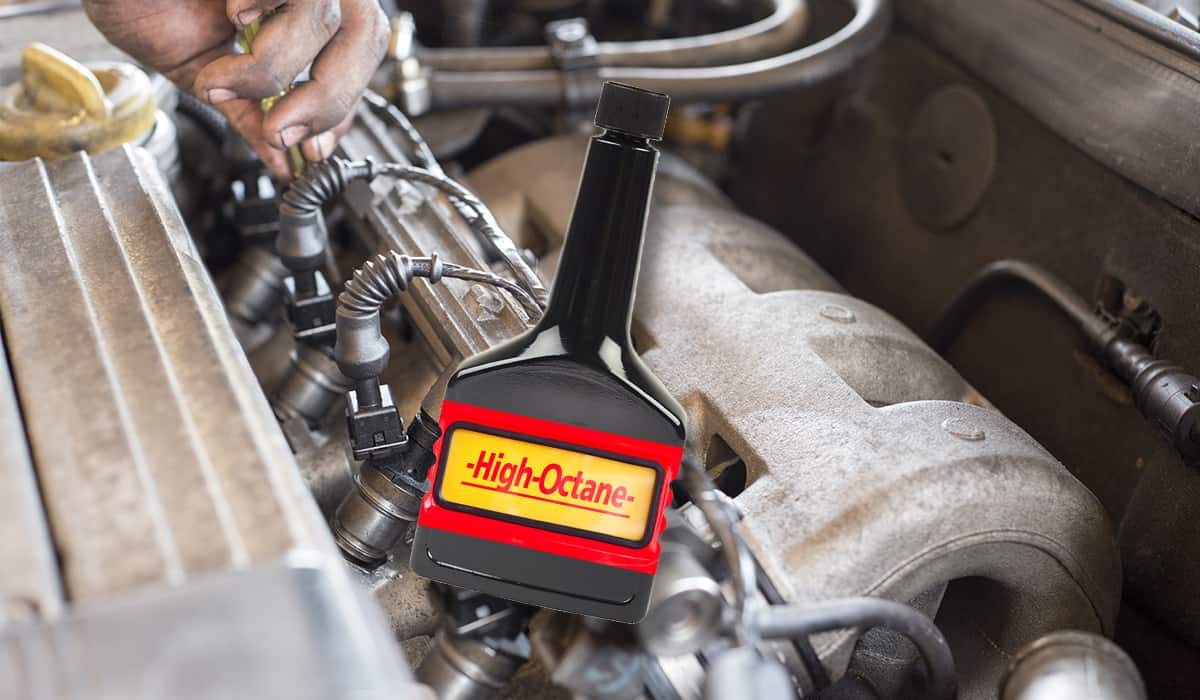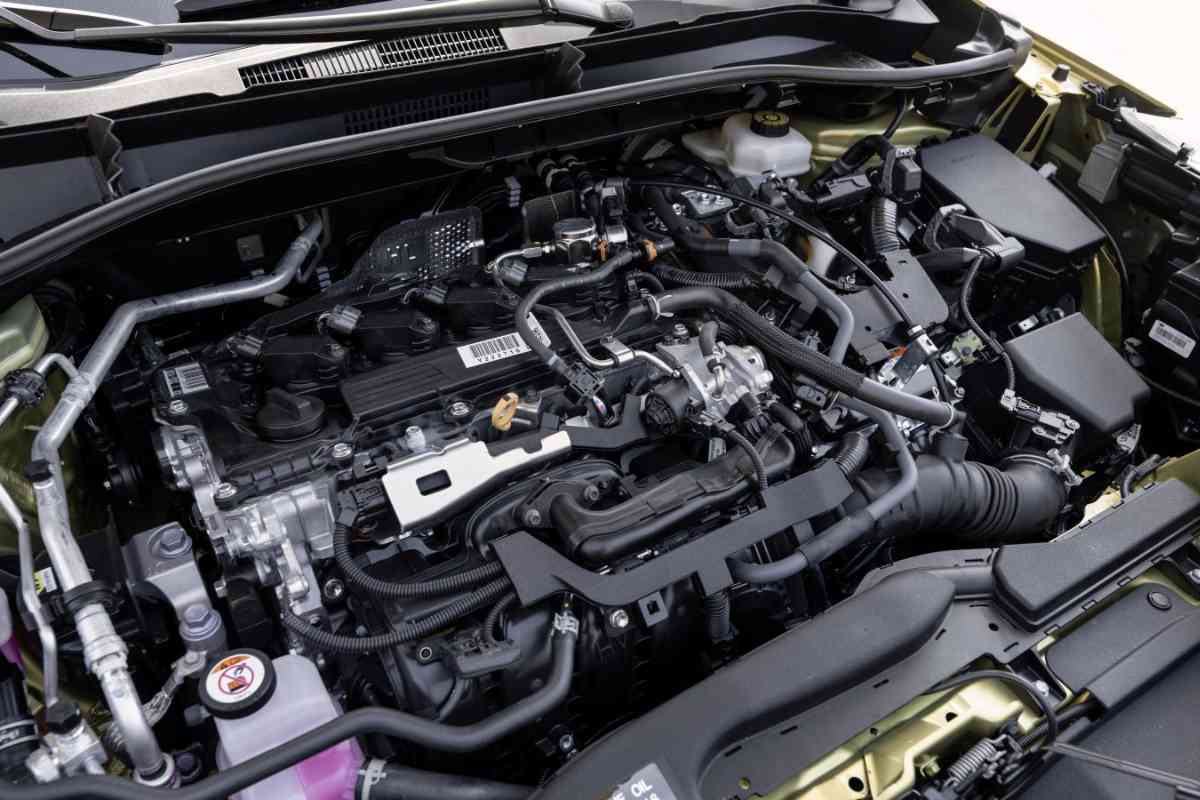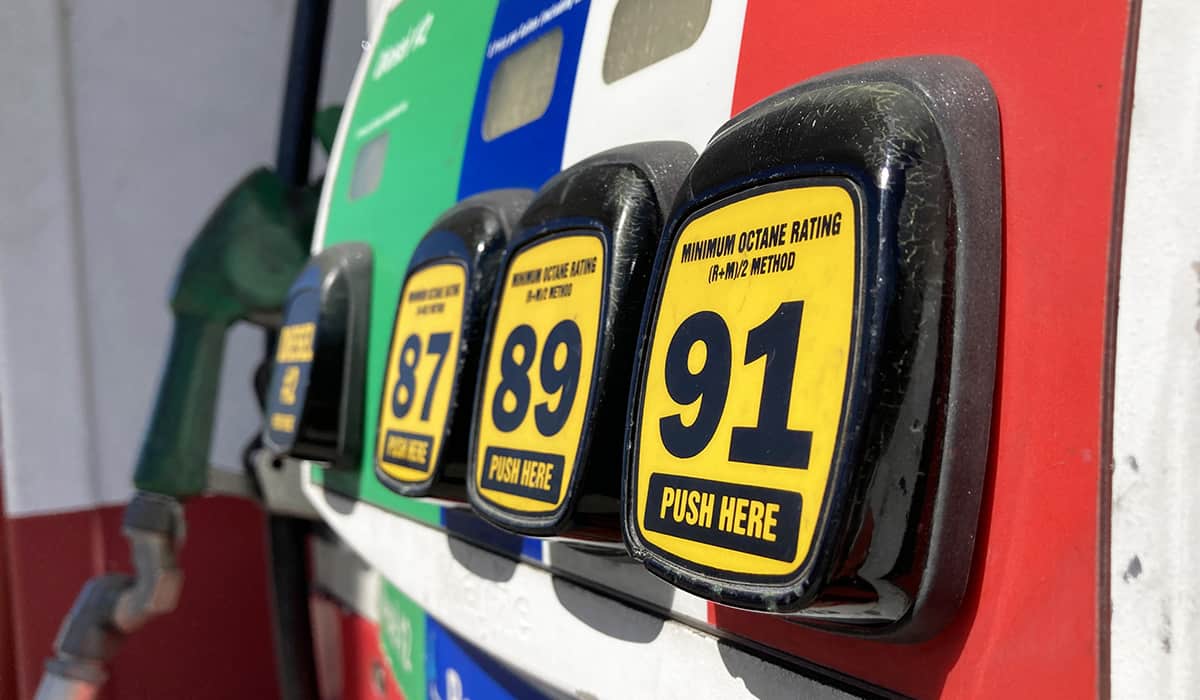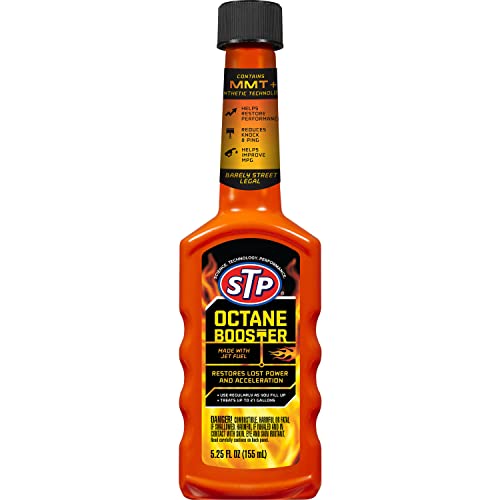Can I Use Octane Booster And Fuel Injector Cleaner At The Same Time?
Engine additives are enticing products that promise to boost the performance and health of a vehicle. But are mixtures like octane booster and fuel injector cleaner really worth it, and can you use them simultaneously?
You can use octane boosters and fuel injector cleaners simultaneously. It’s best to use fuel injector cleaner once or twice a year. Octane booster is generally advised for performance engines or if your car has been sitting for long periods. Be sure to follow all manufacturer’s guidelines.
Vehicle additives are definitely worth considering if you’re trying to get the most out of your engine, but there’s a lot to keep in mind before pouring different solutions into your gas tank. Let’s take a look at everything you need to know to get started.
Can I Use Octane Booster and Fuel Injector Cleaner at the Same Time?

Yes, it’s possible to add an octane booster and fuel injector cleaner to your vehicle simultaneously without harming it.
It may be wise to use fuel injector cleaner (on Amazon) at least once a year, or every 10,000-15,000 miles, to clean the system.
That said, an octane booster is typically recommended for high-performance engines or if your car has been sitting for an extended period.
What’s the Difference Between Octane Booster and Fuel Injector Cleaner?
Several different vehicle additives exist, including octane boosters and fuel injector cleaners. These mixtures are like vitamin supplements for cars; they can benefit the car’s health as long as your vehicle needs them.
So, what’s the difference between octane boosters and fuel injector cleaners, and does your vehicle need them?
Octane Booster
Octane boosters are designed to increase the octane levels of a car’s fuel. Performance engines typically prefer higher octane fuel, as it’s more knock-resistant (it can take more pressure before detonating).
Not all octane boosters are the same, and some solutions are more effective than others. Adding an octane booster won’t make your car faster, so you shouldn’t add any if that’s your goal.
Octane boosters — like this one from STP (on Amazon) — should only be considered if your model requires higher octane fuel than you can purchase at the gas pump.
Last update on 2026-02-24 / If you click this affiliate link and make a purchase, we earn a commission at no additional cost to you.
Fuel Injector Cleaner
Fuel injector cleaners are designed to remove leftover deposits in a car’s fuel system, including the injectors, valves, and piston tops.
Deposits build up in a vehicle over time, restricting fuel delivery and leading to reduced engine performance and weak fuel efficiency. Fuel system cleaners, like Chevron Techron Concentrate Plus (on Amazon), may get rid of these deposits and increase your engine’s performance.
Last update on 2026-02-24 / If you click this affiliate link and make a purchase, we earn a commission at no additional cost to you.
How to Tell if Your Car Could Benefit From a Fuel Additive
Although fuel additives can be beneficial, it’s best to only use them if you know what your vehicle needs. Otherwise, pouring various additives into your car’s fuel tank can be harmful and/or a waste of money.
So, how can you tell if your car needs fuel additives, and what kinds should you consider?

Use Fuel System Cleaner Sparingly
If your car requires it, you should use a fuel injection cleaner once or twice a year. Alternatively, you can use solutions every 10,000 to 15,000 miles to clean out the system and keep the injectors clean.
Remember that an engine’s interior components can only be cleaned so much without being taken apart.
Depending on your vehicle’s condition, you may not notice significant performance increases after the first use.
Always Consider the Manufacturer Guidelines
It’s best to check the manufacturer guidelines before you dump different additives and solutions down your gas tank.
Adding too much may harm your vehicle or temporarily decrease its performance in some situations.
For example, octane boosters are only recommended for vehicles with performance engines. Adding this solution to a different car might not necessarily damage it, but it could cause decreases in performance — and be a waste of money.
Instead, read all of the manufacturer’s instructions and follow your car’s maintenance schedule for the best results.
Use High-Quality Gas Instead

Spontaneous combustion can cause engine knocking or damage a vehicle in certain situations.
Using high-quality gas at the pump is the best way to keep your engine clean and healthy. Premium gasoline has better balance and stabilizes against spontaneous combustion.
High-quality gasoline also has better additives to keep your engine running clean and healthy compared to standard fuel.


